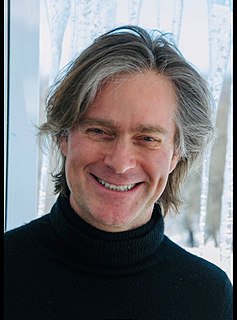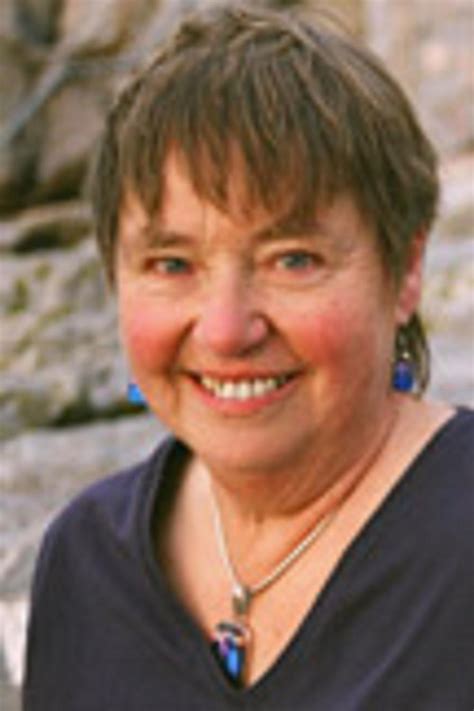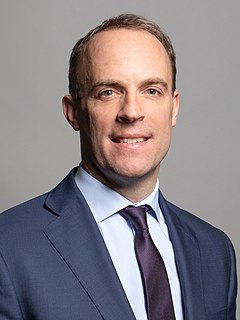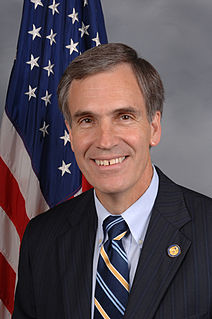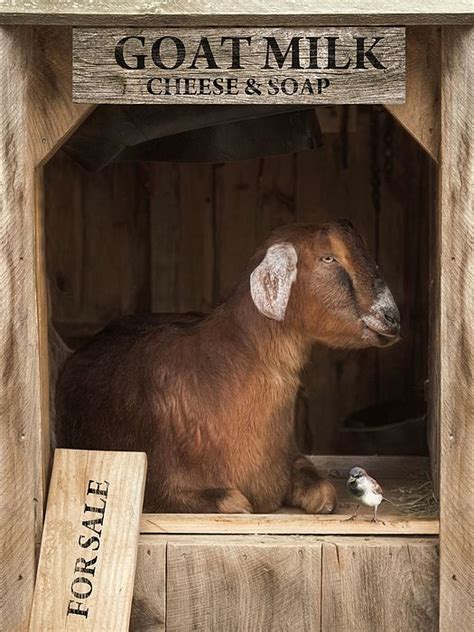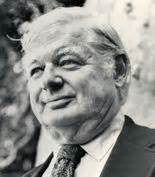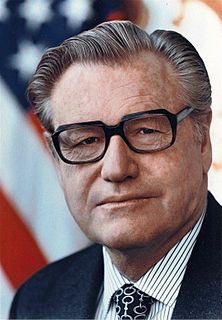A Quote by Henry David Thoreau
Our molting season, like that of the fouls, must be a crisis in our lives.
Related Quotes
The greatest crisis of our lives is neither economic, intellectual, nor even what we usually call religious. It is a crisis of imagination. We get stuck on our paths because we are unable to reimagine our lives differently from what they are right now. We hold on desperately to the status quo, afraid that if we let go, we will be swept away by the torrential undercurrents of our emptiness.
... it is not a crisis of our environs or surroundings; it is a crisis of our lives as individuals, as family members, as community members, and as citizens. We have an 'environmental crisis' because we have consented to an economy in which by eating, drinking, working, resting, traveling, and enjoying ourselves we are destroying the natural, god-given world.
From the directives that govern the way we do business to the chilling effect of the eurozone crisis on our exports, the European Union pervades our daily lives like never before. Like many of my colleagues on the Tory benches, I believe that renegotiating the terms of our membership is vital for this country's long-term prosperity.
Both our present science and our present technology are so tinctured with orthodox Christian arrogance toward nature that no solution for our ecologic crisis can be expected from them alone. Since the roots of our trouble are so largely religious, the remedy must also be essentially religious, whether we call it that or not. We must rethink and refeel our nature and destiny.
A moral character is attached to autumnal scenes; the leaves falling like our years, the flowers fading like our hours, the clouds fleeting like our illusions, the light diminishing like our intelligence, the sun growing colder like our affections, the rivers becoming frozen like our lives--all bear secret relations to our destinies.
We must seek support in the moral values that have ensured the progress of our civilization. Honesty and hard work, responsibility and faith in our strength are bound to bring us success. There should be no place for despondency. The crisis can and must be fought by uniting our intellectual, spiritual and material resources.
We cannot hope to die peacefully if our lives have been full of violence, or if our minds have mostly been agitated by emotions like anger, attachment, or fear. So if we wish to die well, we must learn how to live well: Hoping for a peaceful death, we must cultivate peace in our mind, and in our way of life.


